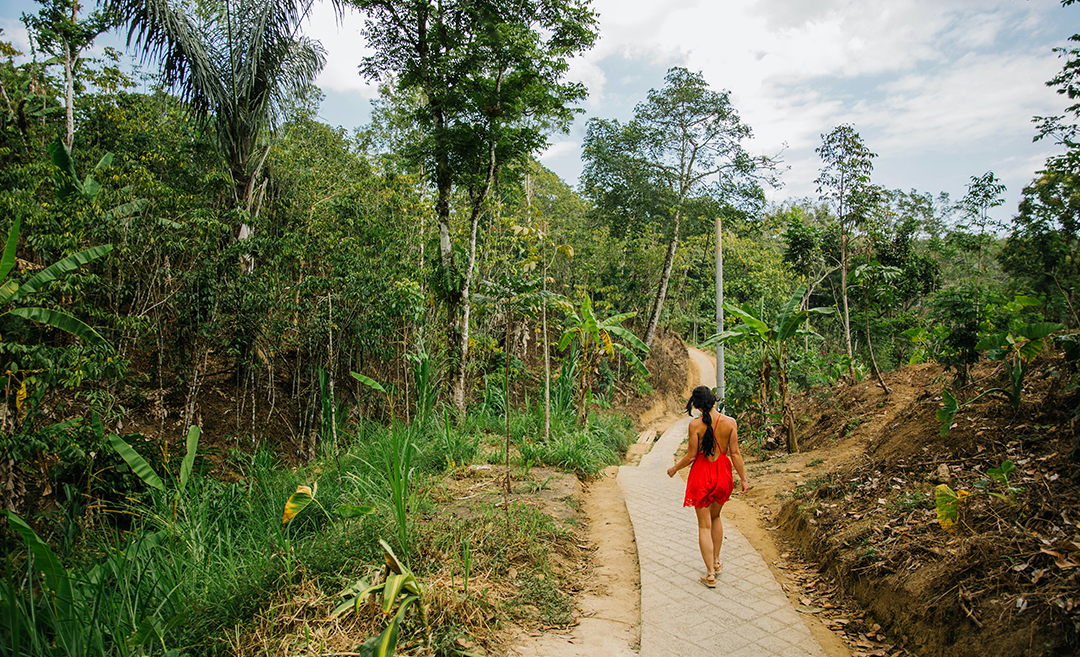As tourism surges back to pre-pandemic levels, the urgency for sustainable travel has become ever more pressing. While travel always has an impact, there are steps you can take to minimise your footprint and contribute positively to the places you visit.
Here are nine actionable ways to travel more sustainably in 2024:
1. Minimise your carbon emissions

Travel over land when possible: Avoid domestic flights if possible. Instead, explore alternative transportation options with lower carbon emissions, like trains and buses.
If flying is unavoidable, try to fly direct: Take-offs and landings contribute to the highest emissions, so try to choose direct over layovers. If you’re gung ho about taking the greenest flight possible, Google Flights estimates the emissions for all flights!
Use greener modes of transport at your destination: Walk, cycle, use public transportation, or carpool! Not only are these greener than taking a taxi, they’re also great ways to stay active, see more, meet locals, and truly soak up the environment and way of life.
Embrace slow travel: What does slow travel look like? Slowing down and spending more time in one or two regions (rather than rushing through many countries in 2 weeks) reduces your emissions. You’ll get to fully immerse in the local culture, discover hidden gems, and build more meaningful connections, all at a leisurely pace. You certainly won’t feel like you need a holiday post-holiday.
2. Pack right, pack light
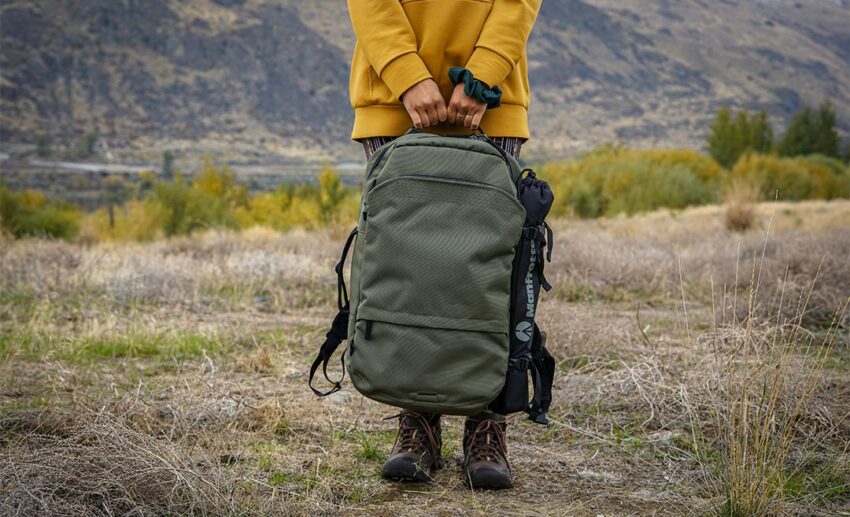
Minimise luggage weight: Packing smarter and lighter reduces overall fuel consumption during your travels. This includes choosing a bag that’s lightweight and packing versatile layers that you can mix and match. The added benefit? You won’t have to struggle with a heavy bag.
Bring reusable, durable, and biodegradable items: By doing so, you’ll be minimising your use of single-use plastics, as well as minimising harm to the environment.
Here’s a list of things you can consider:
- Reusable water bottle (with built-in filtration)
- Reusable collapsible coffee cup
- Bamboo/metal straw(s)
- Utensils
- Reusable collapsible food container(s)
- Small cloth towels/napkins
- Reusable shopping bags
- Solar-powered devices like power banks to reduce the demand for energy generated from fossil fuels
- Compact, efficient travel adaptors
- Biodegradable, zero-waste toiletries like soap, shampoo, and conditioner bars, deodorant, and reef-safe sunscreen
- Biodegradable/compostable toothbrush, toothpaste tablets, and floss
- Reusable feminine products like a menstrual cup or disc, period panties, reusable pads, or sustainable tampons
- Eco-friendly travel gear like clothing, backpacks, and luggage made of sustainable, organic, or recycled materials
3. Choose eco-certified accommodations

Look for hotels, lodges, or homestays with eco-certifications like LEED or Green Key. Typically, establishments like these should follow certain standards, opting for:
- Combined cooling, heating and power systems
- The use of renewable energy and energy-efficient appliances
- Efficient water and energy conservation practices
- Waste reduction practices and responsible waste management
- Sustainable food practices
- Eco-friendly, locally-sourced choices in textiles, toiletries, and cleaning products
- The support of local communities and conservation efforts
- Sustainable tourism activities like wildlife tours, cultural experiences, and outdoor activities
- Sustainable construction and eco-conscious building practices
4. Practice conservation wherever you go

Conserve water and energy by:
- Turning off lights, air-conditioning, and/or heating when you don’t need them
- Taking cool, short showers
- Use towels and linens for longer before changing
5. Sightsee sustainably

- Choose eco-friendly activities and ethical tours that promote conservation and cultural preservation
- Practice responsible wildlife engagement and ‘leave no trace’ principles
- Consider volunteering for conservation projects or participating in community-based tourism initiatives
6. Support local economies
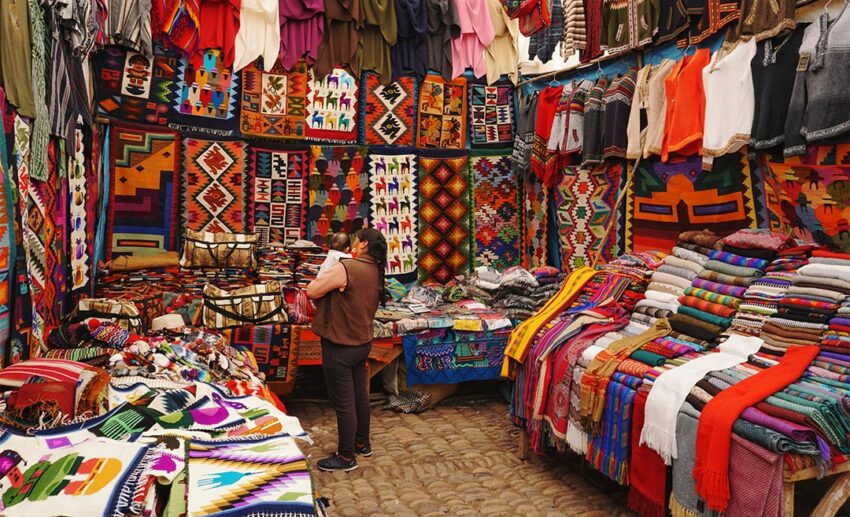
General tip when travel shopping: Local specialities and fresh, seasonal, locally-grown produce > big international chains. Artisanal, handcrafted souvenirs > mass-produced items from places like China.
Choosing small local businesses, artisans, and tour operators, means you’ll be:
- Contributing directly to the local economy and community development
- Preserving and supporting local traditions and cultures
- Reducing your carbon footprint and environmental impact
ZafigoTip: When shopping, remember to choose products with minimal to no plastic packaging to reduce waste, and put those reusable bags and food containers to good use!
7. Make mindful destination choices
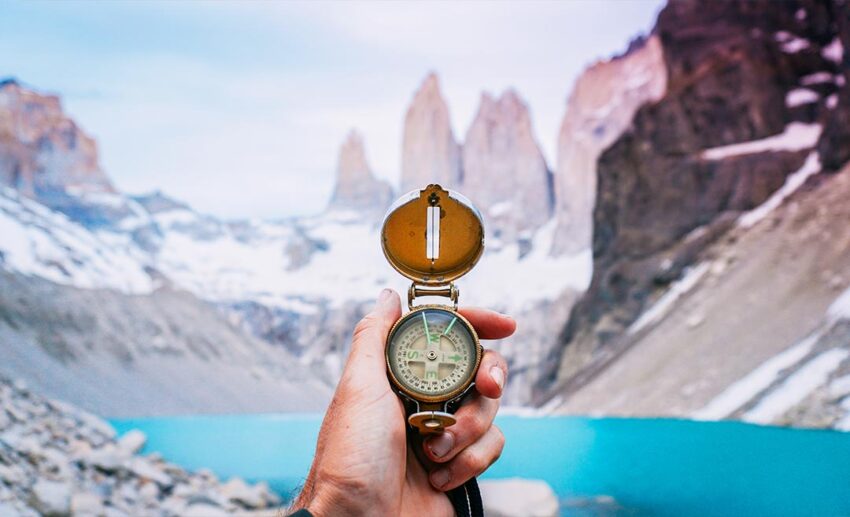
Consider exploring lesser-known places: Mass tourism brings with it a whole slew of problems. By picking destinations that are ‘off-the-beaten-path’, not only will you ease pressure on locals and the environment, you’ll skip the crowds, experience authenticity, and help economies that wouldn’t normally benefit from tourism in the first place.
8. Timing is key
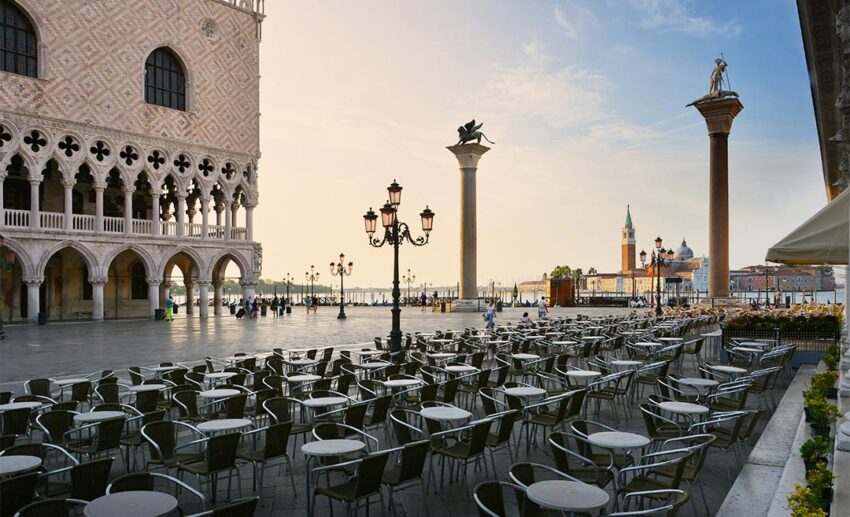
Visit off-peak: If you’re hell-bent on visiting popular spots, consider going off-season. You’ll be able to experience places like Venice without the human traffic. Peace. Serenity. No queues. Imagine that.
9. Leave behind a positive ‘climate shadow’

Yes, we’ve all heard about carbon footprint, but how accurate are our calculations? The climate shadow concept seems more qualitative and meaningful, and gives us all better control over how we care for the planet through our choices.
Inspire and encourage others through your words and actions: Educate yourself and share what you’ve learned about the environmental and social impacts of mass tourism. Share your experiences and encourage mindful travel behaviour. And last but not least, think not only about your carbon footprint but also about your shadow.
The best way to start the conversation, is by sharing this guide.


